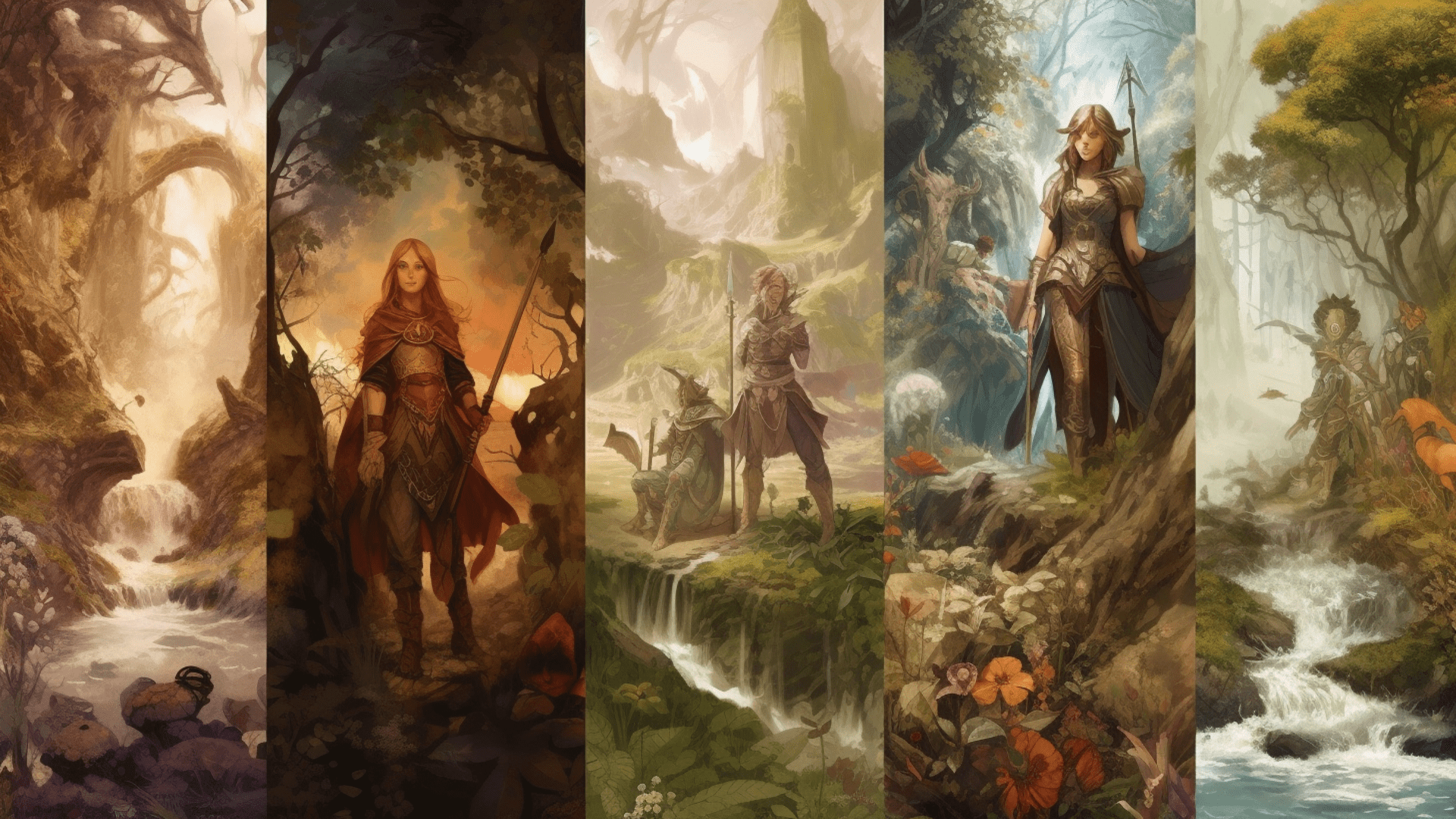Developing role-playing games (RPG) is a fun and creative process that requires imagination and technical skills. With the emergence of information technology (IT), developers now have access to various tools that can significantly enhance and simplify the RPG development process. This guide covers several essential IT tools and tips that beginners can use.
Programs for Graphics and Animation
One of the key aspects of modern RPG games, which you can know more about on GoldenEye Vault, is the visual representation of the virtual world. You need specialized IT tools to create unique, eye-catching graphics and animations. Here are some popular ones:
- Graphic Editors: use programs like Adobe Photoshop, GIMP, or Aseprite to create sprites, backgrounds, and interface elements. These tools allow you to create and edit graphics with various effects and details.
- Animation Software: if you want to add animation to your game, you need Adobe Animate, Spine, or Spriter. They enable you to generate two-dimensional animations for characters, objects, and effects.
- 3D Modeling: if you aspire to create three-dimensional graphics, you need Autodesk Maya, Blender, or Unity. These tools provide the ability to obtain and animate 3D models that can be used in role-playing games.

Software for Game Logic Programming and Development
Another important element of RPG games is creating game logic and programming mechanics. Here are some IT tools to help you in this process:
- Integrated Development Environment (IDE): popular IDEs like Visual Studio, Unity, or Unreal Engine offer developers a convenient environment for writing and debugging game programming code. They have powerful features such as syntax highlighting, auto-completion, and integration with other tools.
- Programming Languages: depending on the platform and engine you choose, you can use a variety of programming languages for role-playing games. Some popular languages include C#, JavaScript, Python, and Lua. Choose the most familiar language that best suits your needs.
- Level and Scene Development Tools: to create game levels and scenes, you may need Unity Editor, Unreal Engine Editor, or Godot Engine. These tools allow you to visually create and customize environments, place objects, and control game elements.
- Automating the Development Process: you can use tools like project builders, version control systems (like Git), and IDEs with batch scripting capabilities to make your project more efficient.
Conclusion
Using modern software to develop high-quality offline RPGs or their multiplayer (MMORPG game) versions allows developers to bring their creative concepts to life and offer gamers a thrilling experience.
Graphic editors, animation tools, IDEs, and other tools simplify the process of making a great RPG and achieve high quality. Don’t be afraid to experiment and learn new IT tools to expand your RPG development capabilities. Good luck with your creative process and creating new worlds!
